Enjoy this Free Session from LEAD: 4 Steps to Creating a Successful Small Group
In this free session, Joel Muddamalle will help you find ways to engage your small group members in meaningful conversation. If you’ve ever asked yourself, How do I get people to talk in my small group?? – this session is for you!
Use this free session with Joel and the accompanying Session 2 Study Guide pages for personal reflection and real-life application.
The rest of our LEAD series includes:
- How to run your first meeting
- How to facilitate discussion based on the Bible alone
- How to identify your next leader
Each session is accompanied by digital study guide pages, similar to the free pages offered above. This is a fantastic resource to better equip small group leaders in your church!
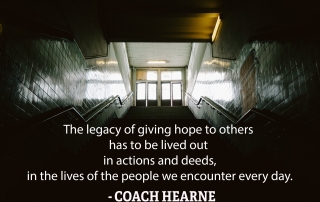
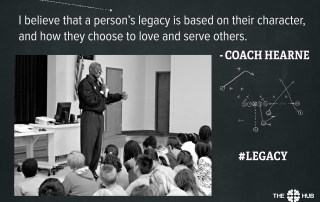



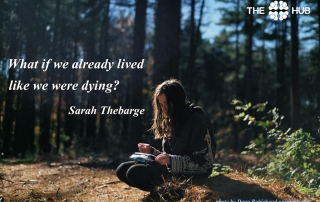
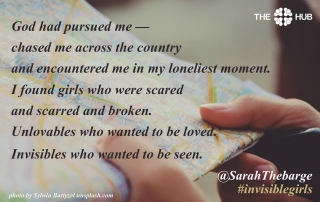
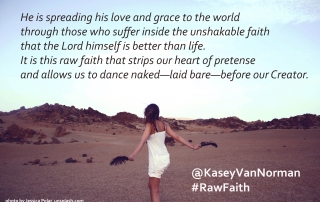
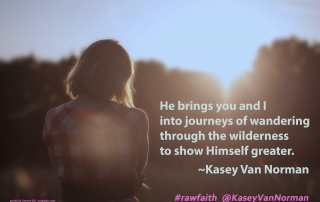
Find us Online